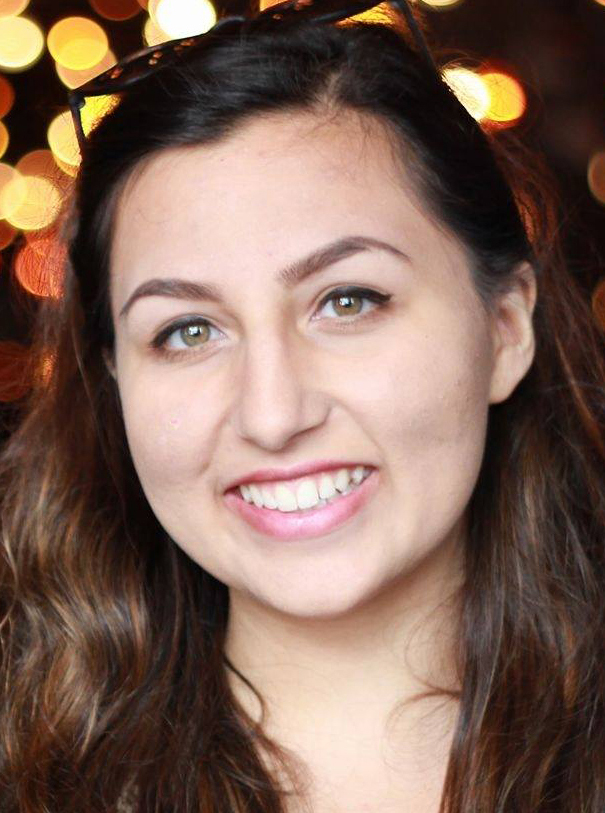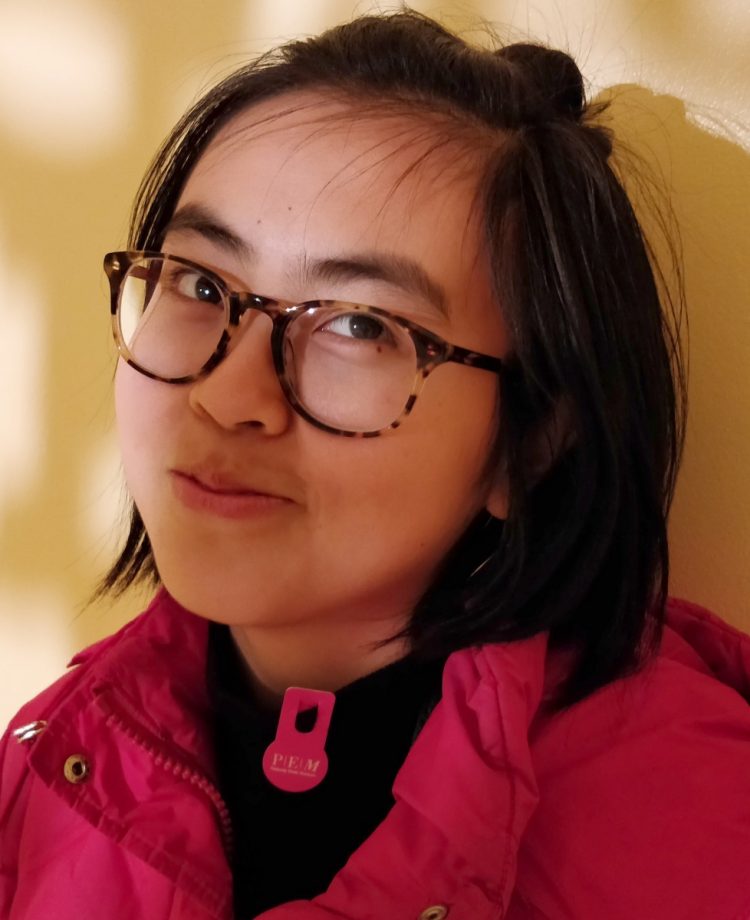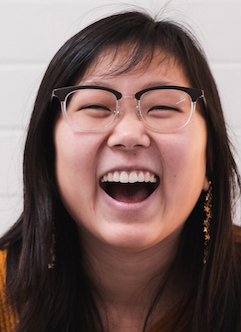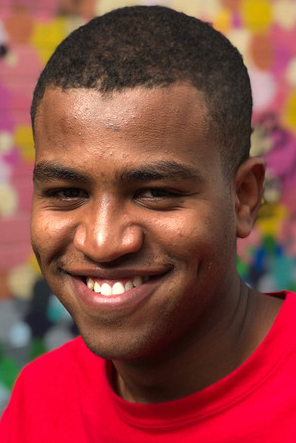2019 de Courtivron Writing Prize
The Isabelle de Courtivron Writing Prize recognizes high-quality undergraduate writing (creative or expository) on topics related to immigrant, diaspora, bicultural, bilingual, and/or mixed-race experiences.
First Prize
Ivy Li (Course 8 and 21L, class of 2020) for “To See a Brief Future” – A stunningly sophisticated poem that spans with ease continents, cultures, generations, and, most powerfully, vastly different voices. It is often difficult to tell who is speaking in the poem—a grandfather, a mother, a father, a peasant in a remote Chinese village—but the confusion is intentional, mirroring that of the person living across cultures, whether it be the immigrant, their children, or a young person in love with someone from a third culture. We do not have to be told these cultures blur and perplex; we hear them, feel them, become them, and we recognize instantly the blurring and perplexing personalities, cultures, and pasts that live inside each of us. The voices are woven together through the stories they tell about one another, culminating in a deceptively-titled “Postscript” by villagers who burst forth from a time capsule and yank us back to a simplicity of life and perspective that we know instantly, as if it were from our own past.
Second Prizes
Hanna Kherzai Course 14, class of 2020) for “Don’t Tell Them” – A powerful piece. In just a few short scenes, Kherzai take us from the painful silence between an immigrant Persian mother and her American-raised daughter through the daughter’s unburdening of herself—of both unspoken pain and immense parental expectation. And in the final scene the mother and daughter are able to find simple words to express deep feelings. With sharp, surgical scenes and economy of language, you skillfully wield the playwright’s craft to tell a story that all MIT students, whether bi-cultural or not, will find all too familiar, hopeful, and even cathartic.
Chloe Yang (Course 20 and 21W, Class of 2019) for “Dear Asian Tourists at MIT” – Clever, funny, and ultimately moving; in “Dear Asian Tourists,” Yang coopts a phenomenon many will recognize, and transforms it into a profound meditation on bi-cultural shame, acceptance, and responsibility. The letter opens with describing the “inescapable” groups of Asian sightseers who “spill out of … your long tour buses like a stain” and become “a clot which arrests traffic in the infinite hallway.” As a group, they commit many “offenses,” such as “blocking the hallway, crowding the bathrooms, talking loudly in Mandarin.” Yang acknowledges that they are “a source of deep shame.” But ultimately the “open letter” recognizes these visitors as “individuals with dreams and favorite foods and songs they sing along to,” and worthy of empathy. The text does not shy away from addressing prejudice and naming stereotypes, all the while revealing a deep personal transformation.
Honorable Mentions
Angela Lin (Course 6-3, class of 2019) for “Lost In Translation” – a clever and inventive depiction of the challenges of mother-daughter communication, which are compounded, in this case, not only by distance but also by diverging values.
Abdalla Osman Course 2, class of 2021) for “Dear Brother” – a moving depiction of two brothers, and the divergent journeys they take to make a home for themselves in their new country, and the anchoring power of brotherly love.

First Prize winner Ivy Li

Second Prize winner Hanna Kherzai

Second Prize winner Chloe Yang

Honorable Mention Angela Lin

Honorable Mention Abdalla Osman
